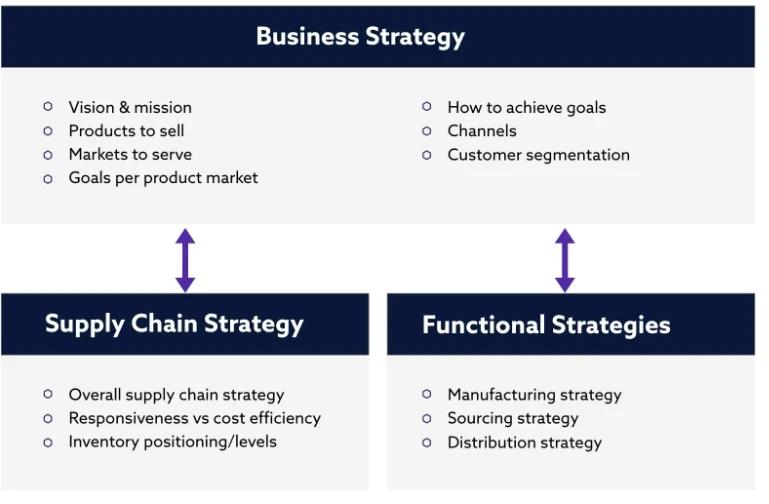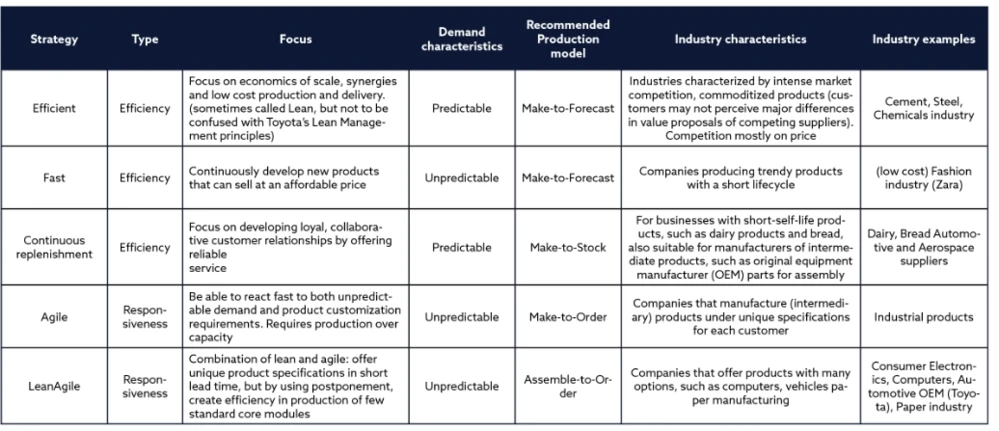Transport & Logistics
A high-quality transport network is more than just the lowest rate on each individual lane. As transportation costs represent a significant share of the overall supply chain spend in many companies, frequently reviewing the transport network, related carrier base and tariff structures are key. The benefits of such an initiative are a reduced freight bill and a more balanced transport network with an optimal CO2 footprint.
European road and parcel freight rates will increase with 8% in the next six months. Global ocean freight rates are stable at low level, but air freight rates will further decrease with another 5%. These are one of the main conclusions from the Transport Monitor of leading supply chain and logistics consulting company BCI Global. For the tenth time an esteemed panel of shippers and manufacturers gave their expectations on freight rates developments for the next six months.
The Netherlands is a major logistics gateway to the ever growing European market of more than 500 million customers. But where do you start in finding the right Dutch logistics service provider for your European distribution operations? BCI Global offers you the annual overview of the top-100 Logistics Service providers in the Netherlands as a comprehensive tool for selecting the right logistics company for your European logistics business.



These archetypes fully describe all the supply chain process elements that are required to have a well-defined strategy. The BCI framework consists of 40 elements such as management focus, product related strategies (such as inventory strategy, level of customization), sourcing, production and fulfillment strategy elements. The benefit of using an archetype, is that all functional elements are internally consistent and aligned with each other.
Your company can use the archetype that fits best to design your supply chain strategy. This is done through a 3-step approach:
- Identify key characteristics of your business environment, customer requirements and the unique value proposal you are offering to the market.
- Based on this, the framework will indicate which archetype supply chain strategy has the best fit. You can use this as the foundation to design your own supply chain strategy.
- Once the overall supply chain strategy is determined, the framework will then give guidance on the configuration of your supply chain processes at functional level below (through these 40 elements). Of course you could deviate from this guidance, and in some cases that might be justified on some uniqueness in your business, but in most cases following the framework guidance yields the best results. In this way the BCI framework shows how overall supply chain strategy sets the direction for each function, to ensure alignment between each functional strategy and the overall supply chain strategy.


